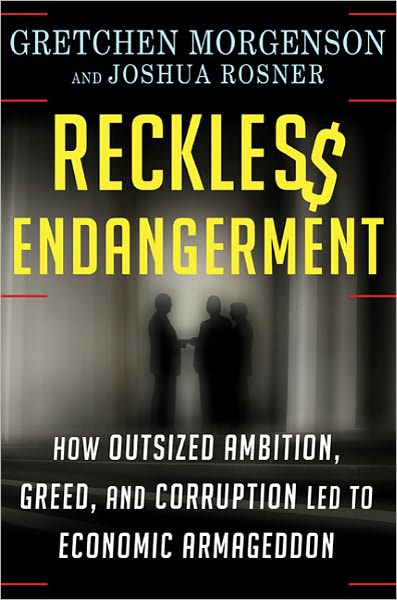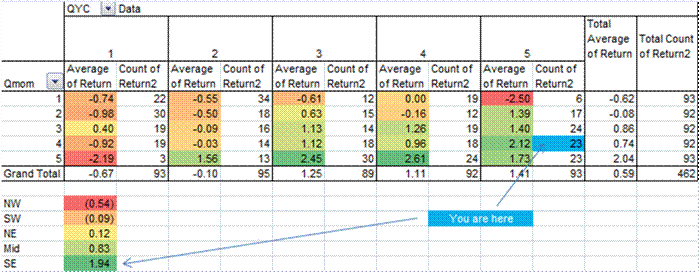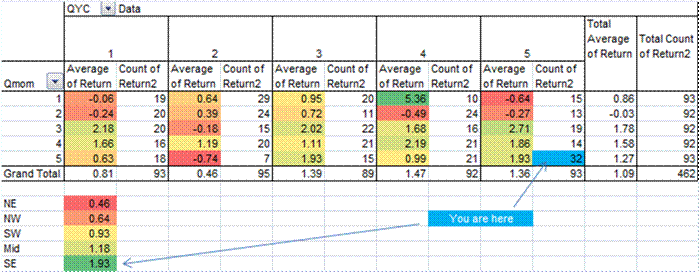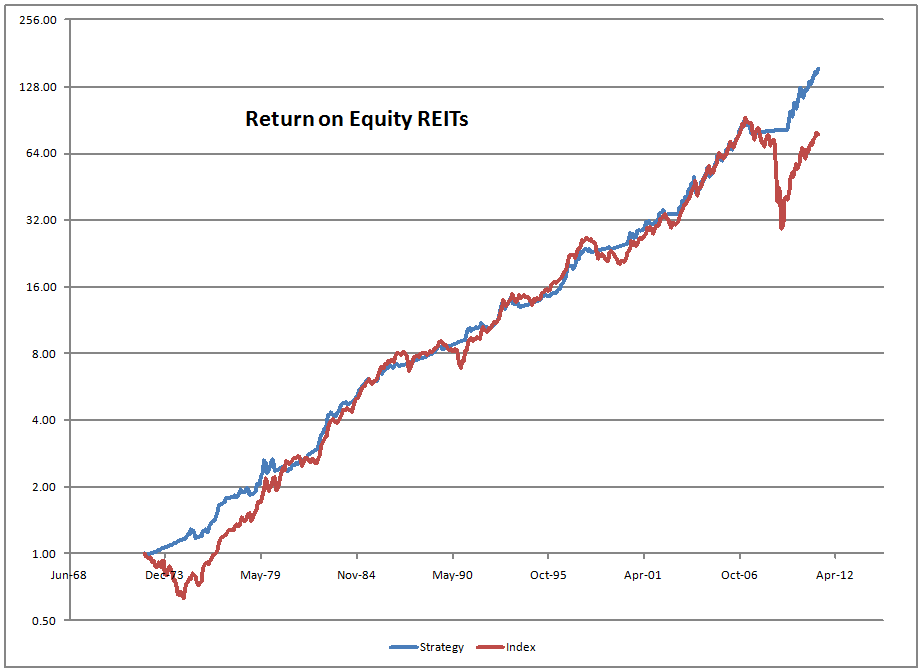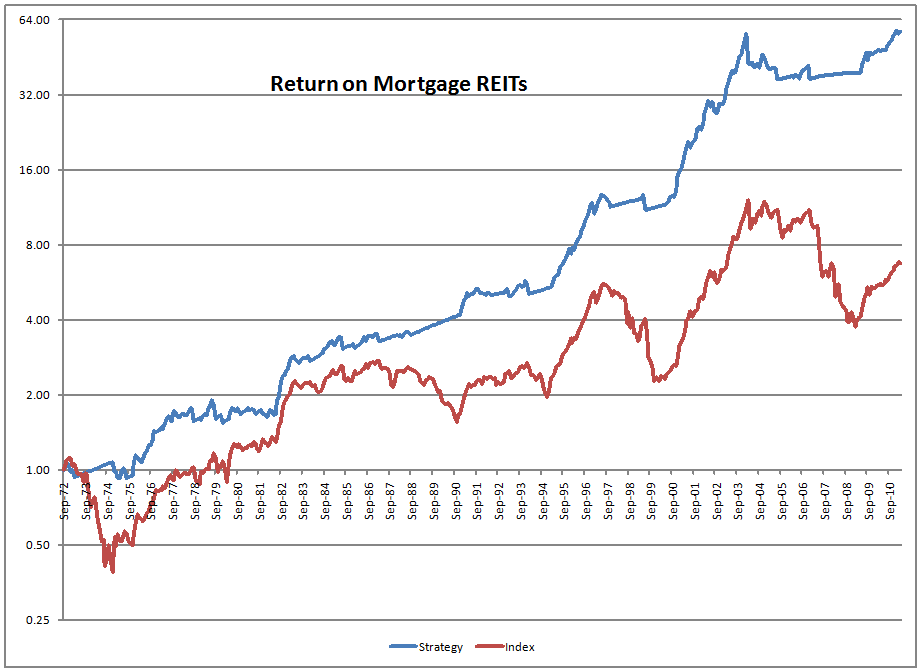Simplistic financial plans assume a smooth return that the client will earn.? Why?? No nefarious reason, but planners don’t know the future, so they either:
1) Assume an average rate as a baseline for calculations, or
2) Display the average, median, or some? percentiles from a series of randomly estimated possible futures.
But life isn’t that way.? Markets are lumpy.? High and low returns happen more frequently than average returns.? What’s worse, returns tend to streak over years and decades.? So much for the Efficient Markets Hypothesis.
So what to do?? Better to be like the great moral philosopher Linus van Pelt, who carried a candle at night, and his sister Lucy asked him why he was doing so.? Linus replied, “It is better to light a single candle than to curse the darkness.”? After Linus left, Lucy mused for a moment, and shouted, “YOU STUPID DARKNESS!”
Volatility is a fact of life, and even the volatility is volatile, with regions of seeming stability, and regions of extreme booms and busts.
My “single candle” is simple — it is an adjustment of expectations, which involves reasoning that when things have been horrible, after some amount of time, it is time to take risk again, before it is perfectly obvious to do so.? Same thing when things are great, it may be time to take risk off the table.? I would add that delay in doing so is not a failure — lumpiness means that trends run further than would be reasonable.? But when the momentum wanes it is time to change.
I’ve been in the situation multiple times, but it is really difficult to get permabulls or permabears to recognize that something has shifted.? I wrote about this a number of times in my series “The Education of a Corporate Bond Manager.”? I was constantly fighting those who were hanging onto the old trend too long.
And at another firm, I could not convince my boss to go long once the nadir of the credit crisis had passed.? He expected more trouble to come, while I looked at the bond market and found an absence of distressed credits.
The lesson of both cases is that opportunities to earn total returns or preserve capital are lumpy.? If the market is longing for safety now, it will likely do so for a while, and the same is true for bull markets.
-==-==-=-=-=-=-=-=-=-=-=-=-=-=-=-=-=-=-=-=-=-=-=-
Many retirees say “I just need a certain reliable income of X%/year. Please get that for me.”? We may as well tell these people to buy a CD or annuity, except that Fed policy makes the rates inadequate for their needs.? And yes, this is a deliberate policy of the Fed, picking on the elderly and the conservative in order to fund marginal lending that might? result in some tiny increment of growth.
It is far better to ask three questions:
1) Where are we now in the credit risk cycle? Rising, Peak, Falling, or Trough?
2) Where are yields on high-grade corporate bonds now?
3) Can you afford to spread your yield needs over five years?
Bond investors need to realize that most returns of the bond market are earned at three times: first, after the nadir of the credit cycle, credit-sensitive bonds soar.? Second, during deflationary times, buying long-dated Treasuries.? Third, when inflation is running, rolling over short-dated fixed income claims.? Beyond that, one can clip bond coupons during abnormal times of stability.
By asking the above first two questions, we can ascertain whether it is a favorable time to take risk or not, and what sort of risks to take.? The last question is more of a reasonableness check on the client.? If he has to have the return every year without fail, tell him to seek it at a bank or insurer, and see if he is pleased with the results.
=-=-=-=-=-=-=-==-=-=-=-=-=-=-=-=-=-=-=-=-=-=-=-
But now take it one step further.? When will our stupid economists and politicians get it through their heads that lumpy economic growth is normal, and even that it is desirable that growth is not smooth?? Effort to produce a smooth economy led to a debt build-up, which ultimately sabotaged growth.? Far better to let small recessions do their work, and leave the Fed funds rate high until marginal investments are repriced, with the attendant bankruptcies.
The US economy grew more rapidly when there were no efforts at stimulus.? Yes, there were severe recessions, but the booms thereafter more than made up for it.? Though it would hurt a lot in the short-run, far better to end the deficits of the US government, and the pitiful efforts of the Fed, giving greater certainty to the private sector, that businessmen could make long-term decisions without worries that taxes, regulations, or interest rates might change dramatically.
Like it or lump it, some say.? Why choose?? Learn to like the lumpiness of the asset markets and the economy in general, and many things will go more easily for you.


